Understanding the Difference Between a Visa and a Passport
Visas represent official permission to enter a country, distinct from your passport's validity. These entry permits come with their own labyrinth of rules that change based on your citizenship and destination. The same country may impose different requirements for tourists versus business visitors, or for short versus extended stays. Diplomatic relationships between nations also play a crucial role—some countries maintain visa-free agreements while others demand extensive documentation.
Seasoned travelers know visa policies can shift unexpectedly. Political changes, health crises, or security concerns might prompt countries to alter requirements with little notice. Subscribing to travel advisories from your foreign ministry helps stay ahead of these changes. Remember—airlines won't board passengers without proper visas, making this research as important as buying your ticket.
Visa Types and Their Purposes
Countries design specific visa categories to control foreign visitors' activities within their borders. Tourist visas typically forbid employment, while work visas require employer sponsorship. Student visas often mandate enrollment proof, and transit visas limit stays to mere hours. Misrepresenting your travel purpose constitutes fraud—a serious offense with potential bans from future entry.
Some nations offer creative visa options like digital nomad visas or retirement visas to attract specific demographics. These niche categories frequently include unique requirements such as minimum income thresholds or health insurance mandates. Consulting with immigration specialists can clarify options when standard visas don't fit your circumstances.
The Connection Between Passport Validity and Visa
Your passport serves as the foundation for any visa—without sufficient validity, even an approved visa becomes worthless. Many consulates require six months' passport validity beyond your visa's expiration. This overlap period accounts for potential travel delays or extensions. Renew your passport early if its expiration nears, as some countries won't process visa applications for passports with limited validity.
The relationship works both ways—certain visas demand specific passport features. For instance, biometric passports have become mandatory for visa-free entry to many countries. Blank pages also matter—some destinations require two or more completely blank pages for stamps. Frequent travelers should consider requesting extra pages when renewing.
Factors Affecting Visa Requirements
Visa policies reflect complex international relationships. Your citizenship, travel history, and even your profession can influence requirements. Countries often reciprocate visa policies—if Nation A imposes strict requirements on Nation B's citizens, expect similar treatment in return. Previous visa violations, overstays, or criminal records also trigger additional scrutiny.
Economic factors increasingly shape visa policies. Countries experiencing tourism booms might relax requirements, while those facing unemployment spikes may tighten work visa rules. Pandemic-era health requirements demonstrated how quickly new conditions can emerge. Savvy travelers monitor these trends through official channels rather than relying on outdated information.
Applying for a Visa: Key Steps
Successful visa applications begin months before travel. Start by identifying the correct application channel—some countries use outsourced centers, while others require direct embassy submissions. Document requirements often include recent photographs meeting strict specifications, so use professional visa photo services to avoid rejections over technicalities.
Financial documentation proves particularly tricky. Bank statements must show consistent balances—sudden large deposits raise red flags. If sponsored, ensure sponsorship letters include all required details like relationship proof and sponsor's financial documents. Never assume consular officers will connect dots—make every relationship and fund source explicitly clear.
Common Mistakes to Avoid
Procrastination tops the list of visa application errors. Processing times vary from days to months, with no guarantees. Last-minute applications risk derailing entire trips. Another pitfall involves assuming all family members share identical requirements—children often need additional documents like birth certificates or parental consent forms.
Overlooking small details causes unnecessary rejections. Inconsistent information across forms, unsigned documents, or incorrect payment amounts all prompt denials. Some countries require documents be recent (within 30-90 days), so timing matters. When in doubt, contact the consulate directly—their guidance outweighs any third-party advice.
Picking the perfect clay makes all the difference when crafting a ceramic mug. Not all clays are created equal—each type brings its own texture, strength, and firing quirks to the table. If you're just starting out, stoneware clay is your best bet because it shrinks less and handles heat like a champ. This means fewer cracks and headaches as your mug dries and fires. Getting familiar with your clay's personality will shape your mug's destiny, so don't skip this step.
Visa Application Procedures and Considerations
Visa Application Procedures: Gathering Necessary Documents
Document preparation separates successful applications from rejected ones. Create a checklist using only official sources—embassy websites or verified government portals. Organize documents in the exact order specified, using dividers or sticky notes for easy navigation. Consular officers review hundreds of applications daily—a well-organized submission stands out.
Pay special attention to document authentication requirements. Some countries demand apostilles or legalizations for certain papers. Translation needs also vary—some accept unofficial translations while others require certified versions. These bureaucratic details consume time but prove essential for acceptance.
Visa Application Procedures: Completing the Application Form
Treat the application form as a legal document—every answer carries consequences. Use black ink if completing by hand, and type whenever possible to ensure legibility. Never leave fields blank—write N/A where appropriate. Inconsistencies between your form and supporting documents trigger immediate scrutiny.
Employment history requires particular precision—gaps raise questions. Prepare explanations for any periods without work or school enrollment. Even minor discrepancies between your application and previous visa forms can suggest misrepresentation. Keep copies of all submitted forms for future reference.
Visa Application Procedures: Scheduling an Interview (if required)
Visa interviews assess your credibility and intentions. Schedule early—appointment slots fill quickly, especially before peak travel seasons. Prepare like a job interview: research common questions, practice clear responses, and dress professionally. Bring original documents plus copies, organized for quick reference.
Anticipate questions about your ties to home country—this demonstrates you won't overstay. Evidence includes property deeds, employment contracts, or enrollment letters. Prepare concise answers—rambling suggests uncertainty. While honesty matters, avoid volunteering unnecessary information that might complicate your case.
Visa Considerations: Understanding Visa Types
Selecting the wrong visa category guarantees rejection. Business visitors often mistakenly apply for tourist visas, not realizing many countries distinguish between attending meetings (business) and sightseeing (tourist). Some nations offer combined business/tourist visas—know your options.
Special circumstances require special visas. Journalists, film crews, or researchers frequently need press or media visas even for short projects. Performing artists face similar restrictions. These specialized visas often involve additional approvals from other government departments, adding processing time.
Visa Considerations: Financial Proof and Support
Financial evidence must tell a coherent story. Sudden large deposits suggest borrowed funds rather than genuine savings. If someone sponsors your trip, their financial documents should demonstrate consistent ability to support you. Some consulates verify bank statements—ensure yours will withstand scrutiny.
Destination cost of living affects required amounts. Research typical daily expenses and ensure your funds cover them. Some countries publish minimum daily amounts—meet or exceed these figures. For students, tuition receipts plus living expense proof are mandatory.
Visa Considerations: Understanding Visa Validity and Duration
Visa validity periods contain multiple dates to understand. The enter before date dictates your latest possible entry, while the duration specifies maximum continuous stay. Some visas permit multiple entries within their validity—ideal for business travelers making several trips.
Never assume duration equals automatic permission to stay that long—immigration officers at entry points have final authority. They may grant shorter stays based on your itinerary or other factors. Always check your entry stamp for the actual permitted stay period.

![Planning a Family Camping Trip [Beginner's Guide]](/static/images/27/2025-04/MakingtheMostofYourCampingExperience.jpg)

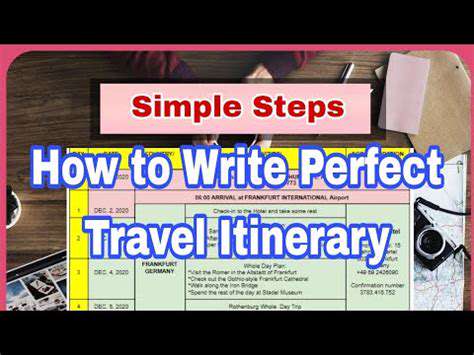
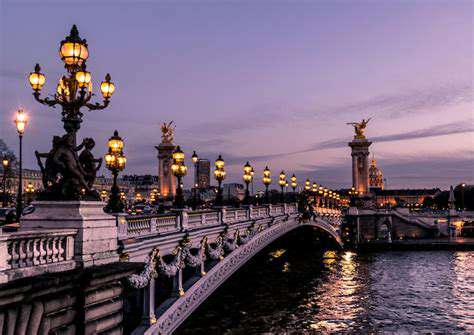
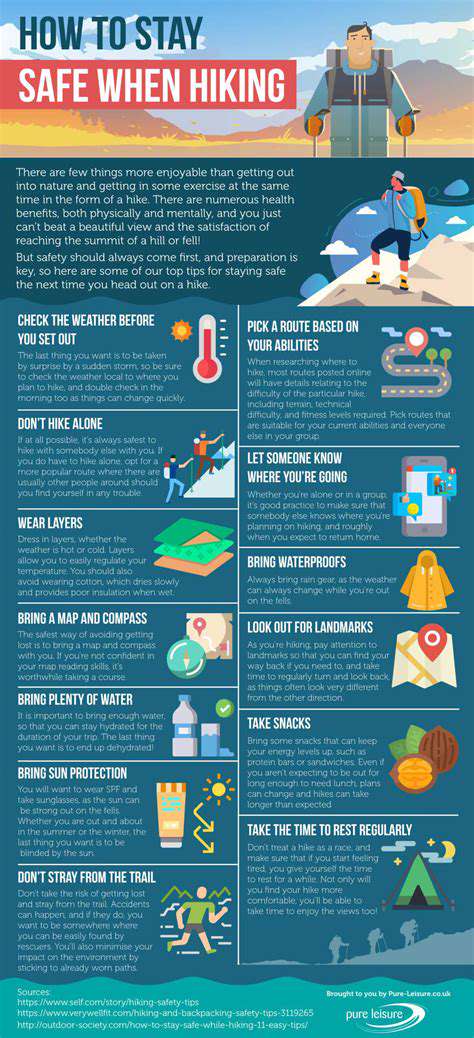
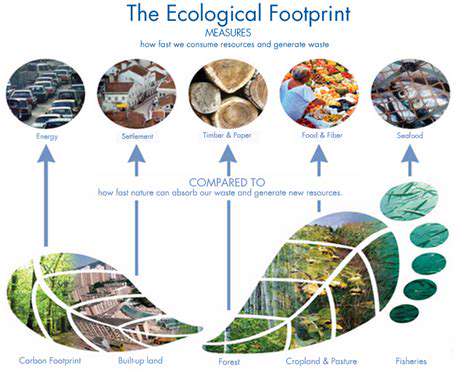
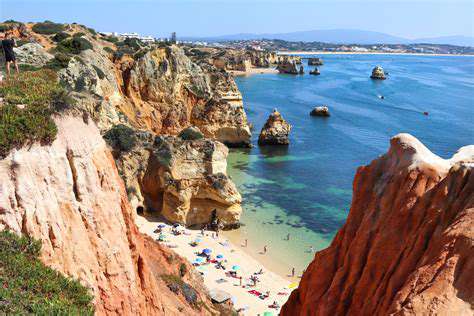
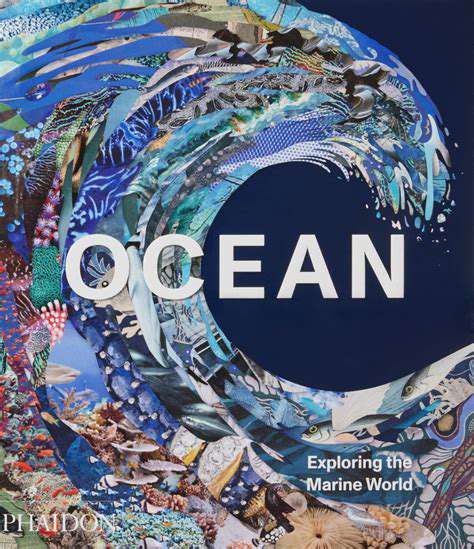


![Top 10 Adventure Destinations in the World [2025]](/static/images/27/2025-05/ConqueringtheHimalayas3AMountaineeringandTrekkinginNepal.jpg)